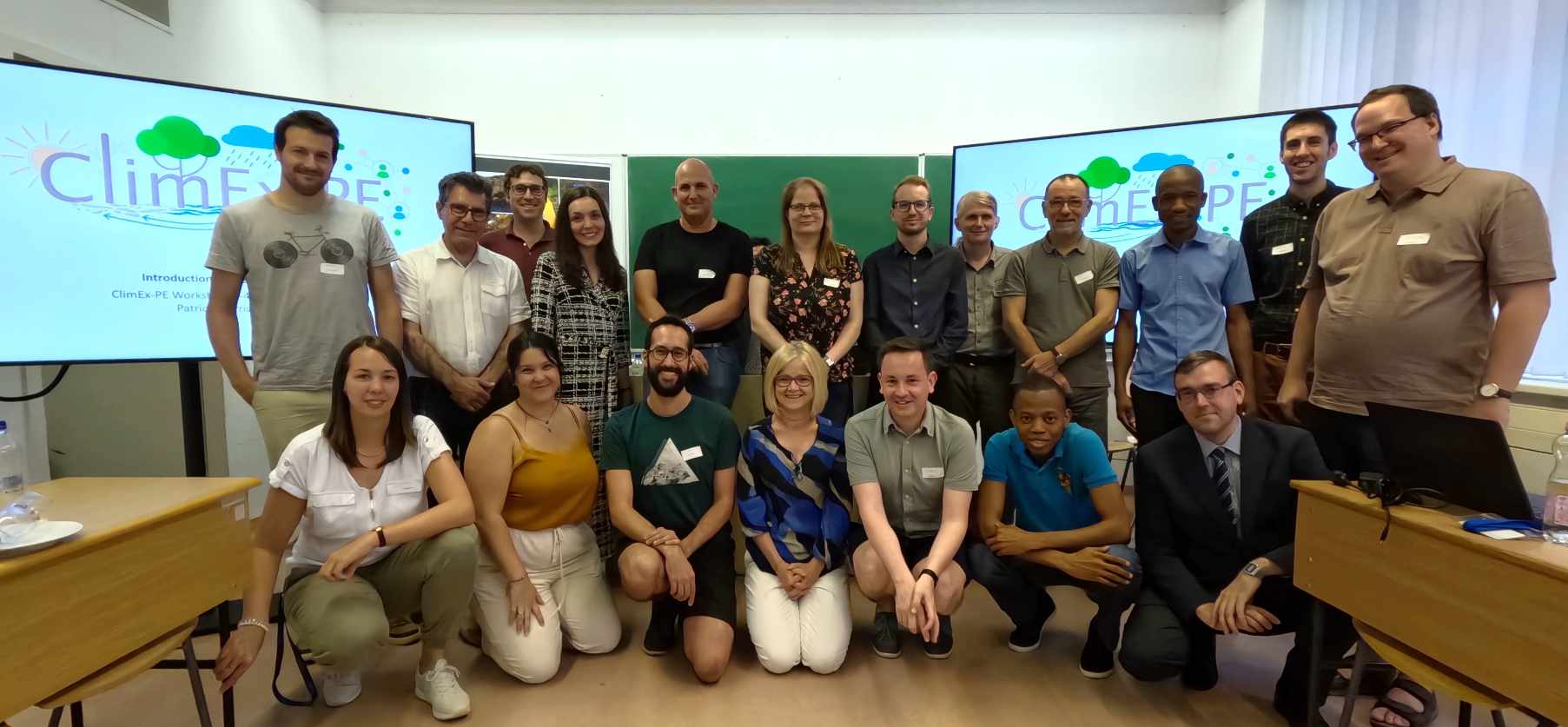The First Steps of a Shared Journey

The ClimEx-PE project on water management, launched in April under the leadership of ELTE and with the contribution of universities of the CHARM-EU alliance, held its first workshop and organized a field visit.
The ClimEx-PE project, which secured support in the EU's sustainability Water4All call in the spring of 2024, focuses on securing water resources with Managed Aquifer Recharge (MAR) solutions. These solutions connect groundwater flow systems with water retention and replenishment methods based on natural processes. The professional background of the international project is provided by the ELTE concept developed in the Danube-Tisza Interfluve area, and its goal is to adapt this concept to the study areas of the partner countries.
After exploring the research area of the La Muga basin (Spain) in early April, on June 24, 2024, Judit Mádl-Szőnyi, the professional coordinator of the ClimEx-PE project, and Ildikó Erhardt, project manager, visited the Irish Shanragh / Bagenalstown study site. The field day was organized by Patrick Morrissey, a professor at Trinity College Dublin, who provided a detailed overview of the area's geological, hydrogeological, meteorological, and geographical characteristics.
With the help of a local expert, participants observed wells and springs in the area and studied the topography, which plays an important role in groundwater flow systems. The flow conditions of the wells supplying water in the area were found to be unfavorable, as water flows away from the recharge area towards areas with lower topography. However, the springs in the valleys and their surroundings offer opportunities for water exploration despite climate change. At the end of the field day, Judit Mádl-Szőnyi and Patrick Morrissey discussed in detail the concept and its applicability in the Irish context.

The ClimEx-PE project team also held its first international workshop in Budapest from July 2nd to 4th, 2024. This highly complex project not only deals with nature-based groundwater replenishment as a hydrogeological adaptation possibility but also addresses related legal, economic, educational, and communication issues in a transdisciplinary manner. Partners (University of Barcelona, Utrecht University, University of Zaragoza, Trinity College Dublin, and ELTE) are involved in mitigating the impacts caused by climatic extremes with diverse backgrounds and capacities. During the event, which was important for effective cooperation, the main tasks were allocated and the responsibilities clarified.

A joint field visit also took place (see the cover photo!), where participants toured the study area in the Danube-Tisza Interfluve, visiting sand dunes in Fülöpháza, the dried-up Kondor Lake in Kerekegyháza, and a saline lake in Kelemenszék. At these locations, ELTE researchers provided insights into the impacts of regional groundwater flow systems, allowing partners to gain experience with the ELTE NaBa-MAR concept and to become familiar with the Hungarian study site.
(Source: elte.hu, Department Physical and Applied Geology)

